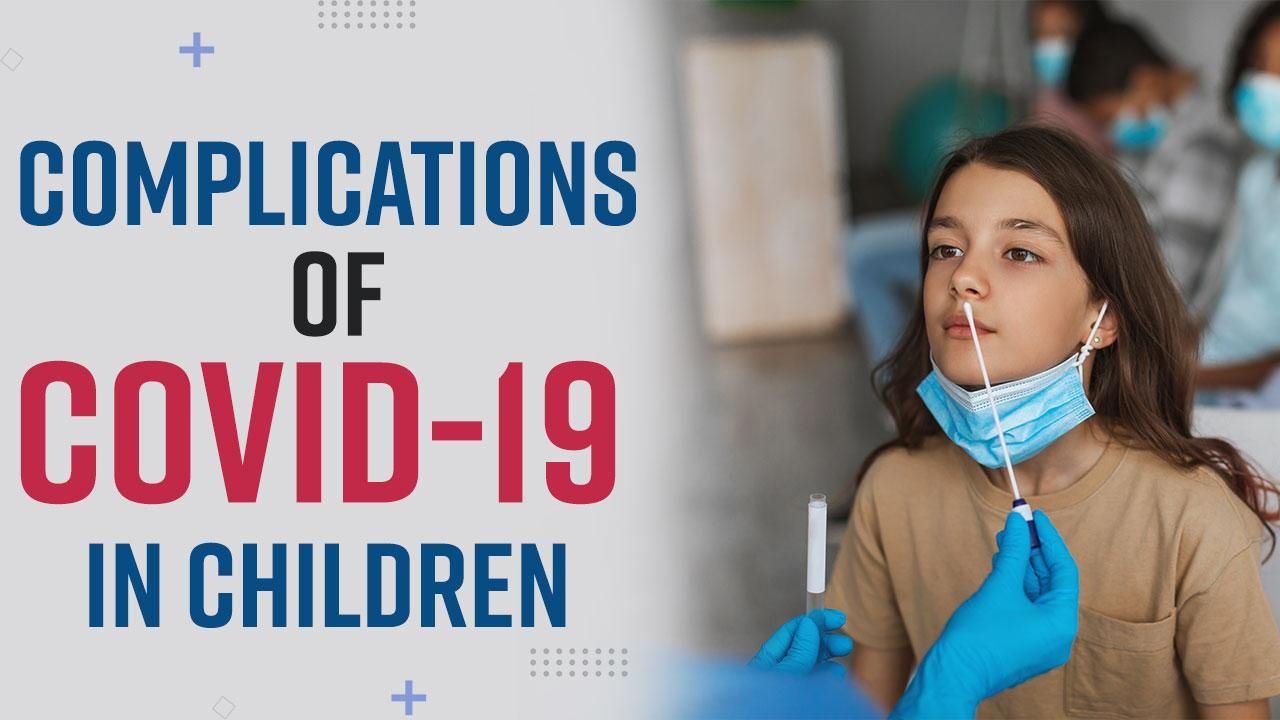New Delhi: The coronavirus affects the health of adults across nations in the long term. But children with Covid-19 also have an increased risk of cognitive impairment, insomnia, ischemic stroke, neurological/psychiatric disorders and epilepsy or seizures, even months after they were infected, a large health observational study of more than 1.25 million patients found. The records have been released.Also Read – Future Covid variants will be more transmissible, WHO warns amid rising cases | Key point
According to The Lancet Psychiatry Journal, a study looking at data from 185,748 children found that post-Covid risk trajectories differed in children compared to adults. At six months after SARS-CoV-2 infection, children were not at increased risk of mood or anxiety disorders. However, they had an increased risk of “cognitive deficits, insomnia, intracranial hemorrhage, ischemic stroke, nerve, nerve root, and plexus disorders, psychiatric disorders, and epilepsy or seizures.” Also Read – These companies are allowing employees to work from home in a hybrid model amid rising COVID cases Complete list
Unlike adults, cognitive impairment in children has a limited risk horizon (75 days) and limited time to similar events (491 days). “Children have a more benign overall profile of psychiatric risk than adults and older adults, but their persistently higher risk of some diagnoses is of concern,” the study said. Older adults who received a neurological or psychiatric diagnosis died later, especially those diagnosed with dementia or epilepsy or seizures. Also Read – Novavax Covid vaccine receives authorization for emergency use in children between 12-17 years of age in the US
Increased risk of neurological and psychiatric disorders
Only after the emergence of the delta variant, increased risks of ischemic stroke, epilepsy or seizures, cognitive deficits, insomnia, and panic disorders were observed, leading to increased mortality. “With Omicron, mortality was lower than before the emergence of the variant, but the risks of neurological and psychiatric outcomes remained the same,” said the study, led by researchers at the University of Oxford in the UK.
“The fact that neurological and psychiatric outcomes were similar during delta and omicron waves suggests that the burden on the health-care system may persist even with otherwise less severe types,” the researchers warned.
(Based on IANS inputs)
$(document).ready(function() $('#commentbtn').on("click",function() (function(d, s, id) var js, fjs = d.getElementsByTagName(s)[0]; if (d.getElementById(id)) return; js = d.createElement(s); js.id = id; js.src = "https://connect.facebook.net/en_US/all.js#xfbml=1&appId=178196885542208"; fjs.parentNode.insertBefore(js, fjs); (document, 'script', 'facebook-jssdk'));
$(".cmntbox").toggle();
);
);
.
Source link
